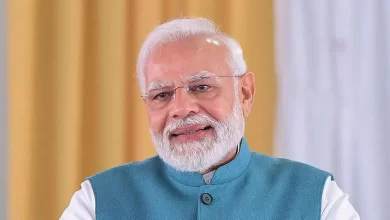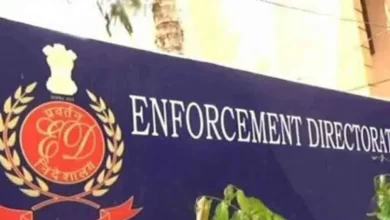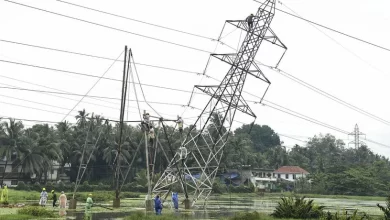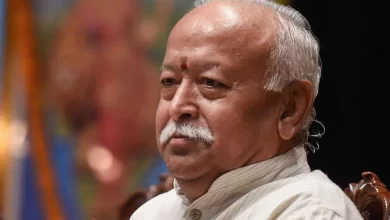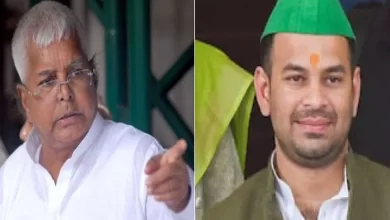Sisodia in 5-day CBI custody till Saturday, as huge protests erupt
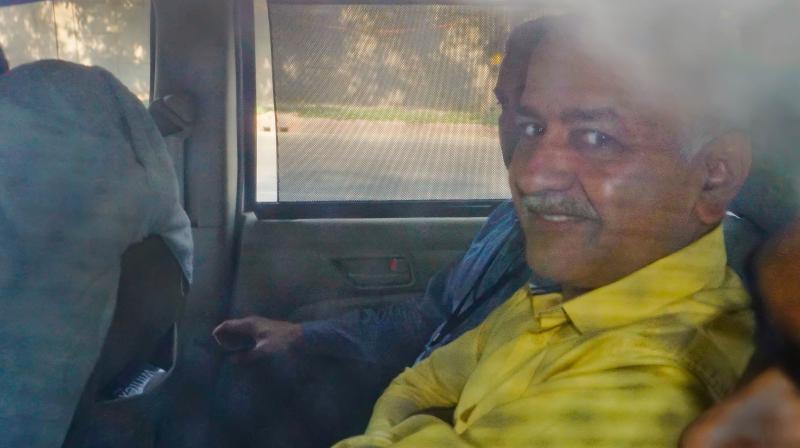

Delhi Deputy Chief Minister Manish Sisodia being taken to Rouse Avenue Court by CBI officials in the excise policy case, in New Delhi, Monday.
New Delhi: A special CBI court here on Monday remanded Delhi deputy chief minister Manish Sisodia to five-day custody of the investigative agency till March 4.
He was produced by the CBI before the court during the day amid tight security right from CBI headquarters to the Rouse Avenue court. Special judge M.K. Nagpal allowed the CBI’s plea for the custodial interrogation of Mr Sisodia.
Earlier in the day, the court had reserved its order on the CBI’s plea for five-day custody of the arrested accused after hearing arguments from the CBI and Mr Sisodia’s counsel.
Aam Aadmi Party leaders and workers held protests in Delhi and across several states against the arrest of Mr Sisodia. Protests were also held near the local court where he was produced. Similar protests were held in Chandigarh, Bhopal and several other cities.
On Sunday, the CBI had arrested Mr Sisodia over the alleged corruption in the formulation and implementation of the now-scrapped liquor policy for 2021-22.
When Mr Sisodia was produced before the court by the CBI, he claimed that there was no evidence against him and his counsel opposed the CBI’s plea for his remand. “I am the finance minister. I have to present the budget… What changed yesterday that the finance minister was to be placed under custody? Was he not available for the next days? Or was this arrest done for ulterior motives? This case is an assault on an individual as well as the institution. Remand will send a message, this is a fit case for declining remand,” Mr Sisodia’s counsel told the court.
The counsel further submitted that Mr Sisodia had acted as a member of the Delhi government and hence the decision can neither be attributed to him nor questioned. “I can’t do anything. It has to be approved by the appropriate authority,” he said.
The CBI’s counsel submitted that the arrested minister’s custody was required for effective interrogation in the case.
Mr Sisodia claimed that he had no role in the case but the probe showed he personally took decisions, the CBI asserted, while Mr Sisodia’s counsel opposed the probe agency’s plea for custody and submitted that the CBI says he changed his cell phones, but that is not a crime.
The counsel said the policy was implemented after taking suggestions even from the Delhi lieutenant-governor and that since it required consultations; there was no chance of conspiracy. “I have tried to keep everything open,” he said.
Security was beefed up around the BJP headquarters here where the AAP had called for a “big protest” since morning on Monday.
The Delhi police erected barricades on several roads leading to DDU Marg, where both the BJP headquarters and the AAP offices are located. Paramilitary forces were also deployed to maintain law and order.
During the hearing for over an hour, Mr Sisodia’s counsel stressed that it was the lieutenant-governor of Delhi who had approved the changes in the excise policy and that the CBI was going after the elected government.
The Aam Aadmi Party observed the day as a “black day” while the party alleged that 80 per cent of its leaders have been detained by the police, and questioned whether anyone can be in “police detention” for over 24 hours.
As the AAP held street protests over Mr Sisodia’s arrest, the BJP said the CBI was acting lawfully against the “corrupt” and demanded that chief minister Arvind Kejriwal should resign over the arrest of two of his ministers in cases of alleged corruption.
“The law is taking its own course and probe agencies are working lawfully”, BJP spokesperson Gaurav Bhatia told the media after Mr Sisodia was sent to CBI remand till March 4.
Delhi CM Arvind Kejriwal on Monday claimed that most CBI officers were opposed to arresting Manish Sisodia but did so due to “political pressure”. He said in a tweet: “I am told that most CBI officers were against Manish’s arrest. All of them have huge respect for him and there is no evidence against him. But the political pressure to arrest him was so high that they had to obey their political masters.”

